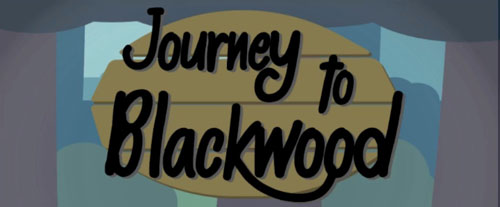Raise your hand if you remember sitting in your middle school’s auditorium pretending to listen to an overly-excited stranger host a D.A.R.E. assembly. Obviously, I can’t see you raise your hand. But I’m willing to bet that you also rolled your eyes or let out an ironic laugh at the mention of D.A.R.E.
The child education program was one of the most prominent substance abuse prevention models in the United States. But the scoff you likely let slip at the memory of the program begs the question: does childhood drug prevention actually work?
Making a Mark in Early Childhood
There is an abundance of research that shows that the circumstances and events that happen within our early childhood years have a major influence on our life course trajectory. This information has been paired with the fact that drug users typically begin using in adolescence or early adulthood. So it makes sense that research results also show that intervening early on in childhood can alter a child’s life course trajectory in a more positive direction.
This is where attempts at childhood drug prevention come in.
There are certain factors that cannot be controlled — or cannot easily be controlled — in a child’s development. Genetics, for example, can’t be controlled. Socioeconomic status cannot easily be controlled. However, both can influence a child’s vulnerability to risk factors for behavioral issues like substance abuse. In these instances, intervening early enough to alter a child’s trajectory seems increasingly necessary.
D.A.R.E. to Hit the Mark Next Time
The D.A.R.E. program was a significant piece in many millennials’ school years. It seemed important enough to the facilitators to conduct regular drug prevention assemblies. But I know I’m not the only one who thinks the best thing I got out of the program was an unbelievably oversized t-shirt that I’m only willing to wear to bed.
The problem with childhood drug prevention programs like D.A.R.E. isn’t that they’re targeting children. It’s that they typically rely on scare tactics and abstinence sermons.
Scare tactics (regarding drug use): a definition
Emphasizing the worst dangers of drug use in order to create fear and anxiety, in hopes that fear alone will prevent or stop risky behaviors.


 There are a number of reasons why scare tactics don’t work. One being that children often dismiss the warnings as a defense to their feelings of fear and anxiety. Another factor is that children grow up, gain experience and knowledge, and challenge those feelings.
There are a number of reasons why scare tactics don’t work. One being that children often dismiss the warnings as a defense to their feelings of fear and anxiety. Another factor is that children grow up, gain experience and knowledge, and challenge those feelings.
Teaching kids that the only way to stay safe and alive is to abstain completely from drugs is also not effective primarily based on the fact that it’s just not realistic.
Video Games: The Next Form of Childhood Drug Prevention?
The takeaway so far is that intervening in early childhood to direct people away from substance abuse is important but the method in which to do so is complex.
One Maryland college is taking a new, innovative approach. Professor Ilir Mborja and some students from Becker College in Worcester County, Maryland are developing a video game designed to help fight addiction.
The game, “Journey to Blackwood,” is being created for children in the third and fourth grades. The game doesn’t explicitly warn children to abstain from drug use. Those involved in the creation state that the game isn’t even specifically about drugs but about the cause and effect of our choices, specifically how they affect our health and well-being.



“Journey to Blackwood” is still in the alpha stage but is expected to be released in December. Before its release, Becker College will work with other officials to implement a health-based curriculum that promotes drug prevention into the game.
When Prevention Fails
We know that events in early childhood can direct the course of our adult lives. And we know that childhood drug prevention can work. But it’s not a one-size-fits-all. Even if childhood drug prevention is conducted well, there are underlying factors that still increase a person’s risk for addiction. Trauma and mental illness are two major factors.
If such factors facilitated addiction, recovery can’t be successful unless those factors are addressed. In that case, it’s important to find a treatment program like Blue Coast Behavioral Health that specializes in things like dual diagnosis and trauma. We evaluate all factors and create an individualized plan for each client’s unique situation.
If you or someone you know is struggling with addiction, our counselors are available 24/7: 714-203-2708




